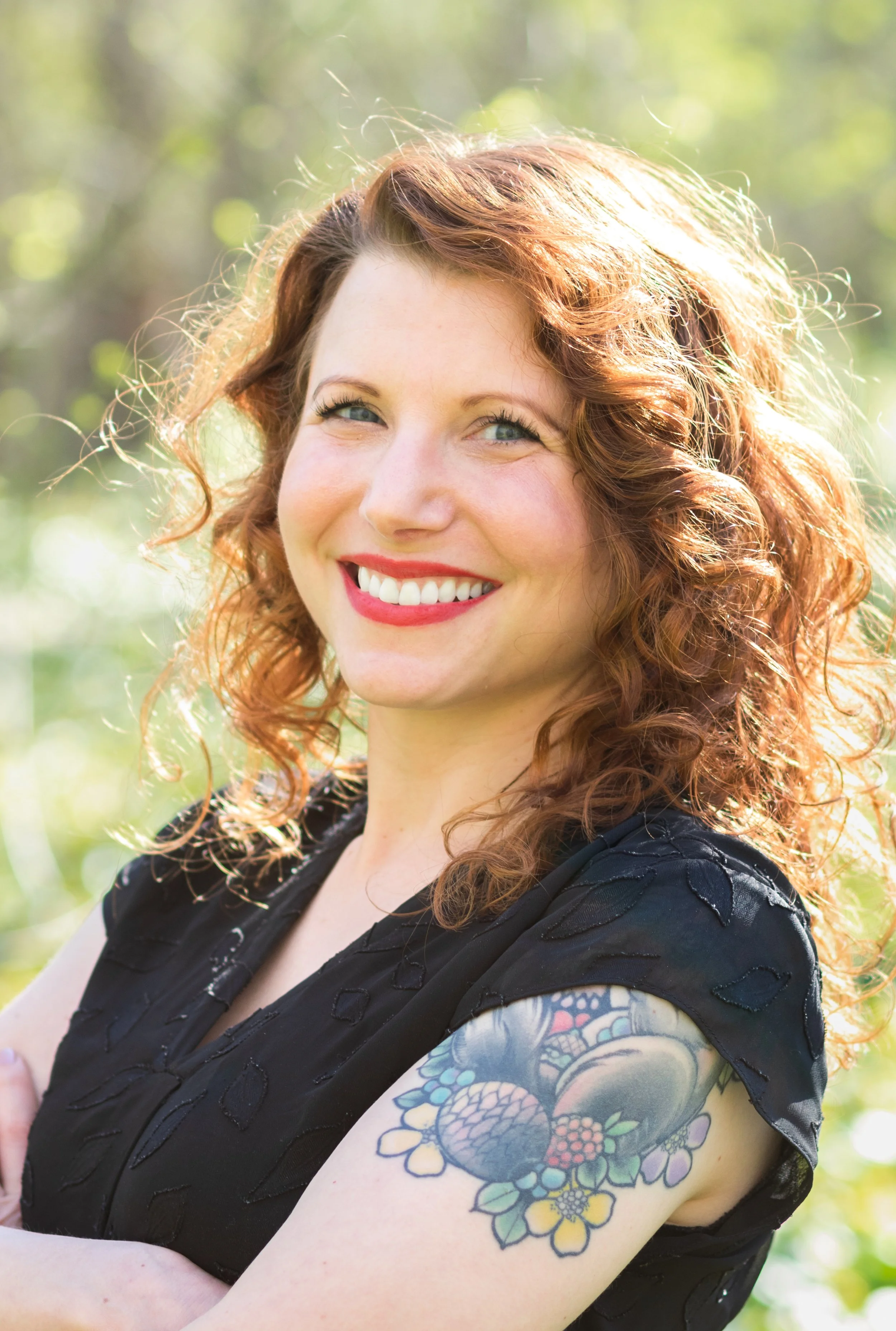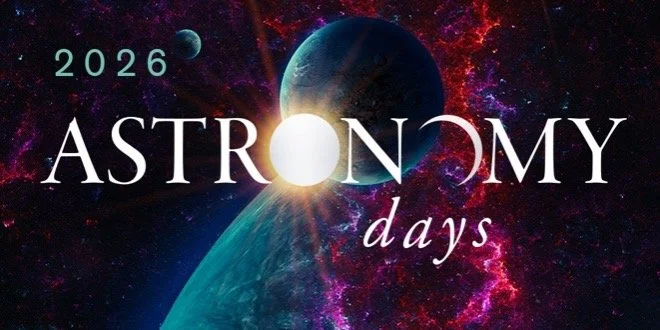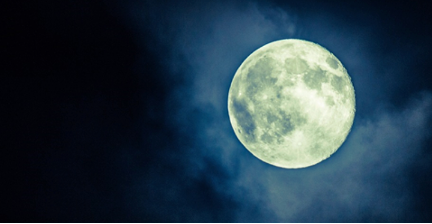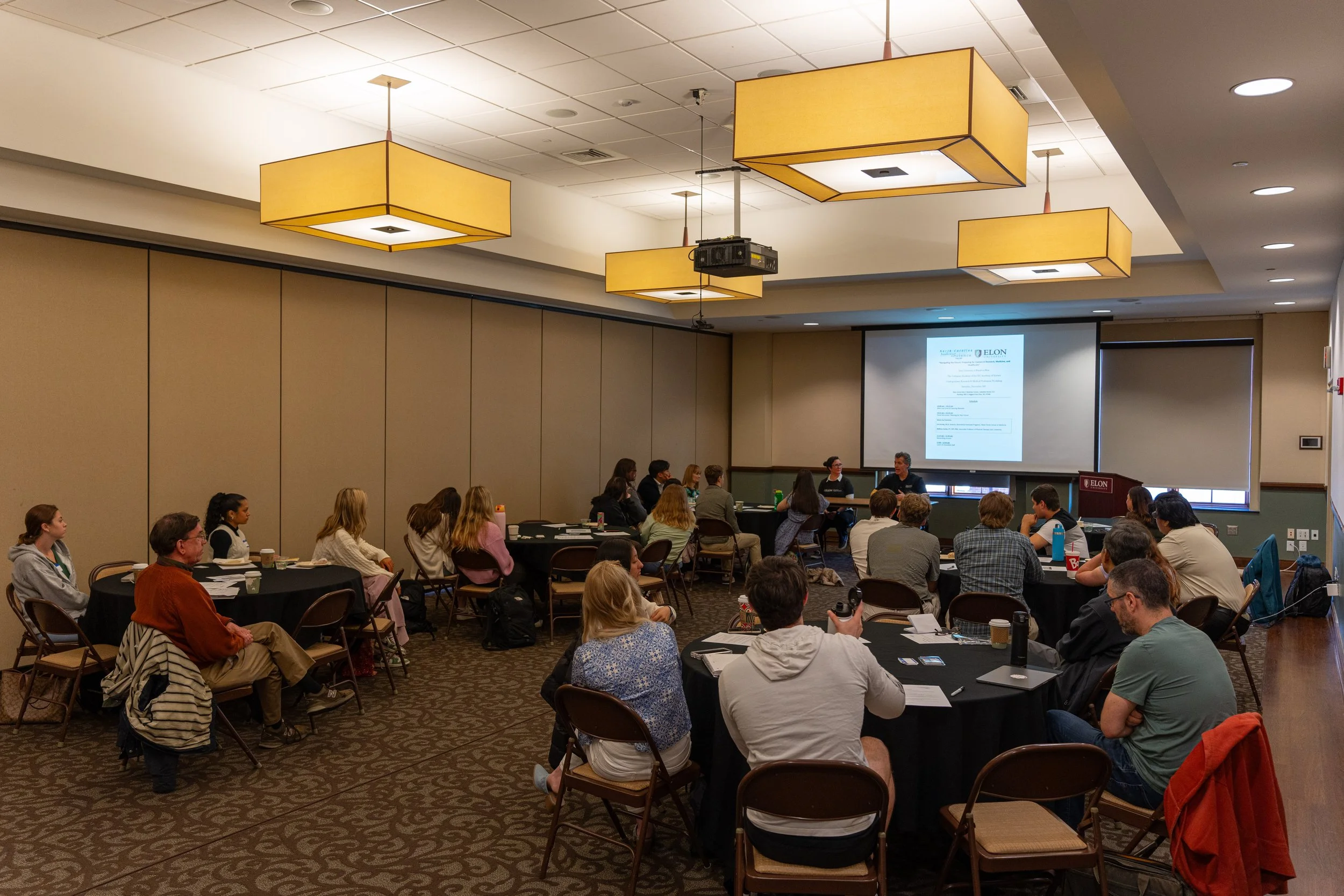We love to highlight the great things our members are doing.
Check out the article about Carly York on page 5 of our latest newsletter.
Send us information about what you are doing so we can highlight you!

We love to highlight the great things our members are doing.
Check out the article about Carly York on page 5 of our latest newsletter.
Send us information about what you are doing so we can highlight you!

You can sign up here.

The North Carolina Biotechnology Center offers 3 flash grant cycles each year for up to $30,000 per funded proposal. 2 of the 3 cycles are thematic with highly specific research goals, and one of these is an open call for anything in the life sciences that could be translational.
They just announced that this cycle will be an open cycle (see RFA in link). The deadline is March 25th for a 3 page proposal.
https://www.ncbiotech.org/funding/grants/flash-grant
Follow this link to this issue of the newsletter
It isn’t too late to sign up to volunteer! Sign up here.

Image from the 2025 NCAS Astronomy Day event.

Saturday-Sunday, January 31-February 1st (NEW DATE)
The North Carolina Academy of Science will host an Astronomy Days booth at the North Carolina Museum of Natural Sciences in Raleigh. Please join Drs. Maria Pickering and Lisa Kelly in the NCAS booth. Last year's booth was simply wonderful (okay, it was really smashing)! Why? Great group of volunteers!!!
What? Astronomy Days – 2-day spectacular event featuring cool exhibits, presentations, crafts, and explorations of the universe
Theme? Passport to the Moon!

NCAS Booth Theme? The Quest for Extraterrestrial Life
Where? NC Museum of Natural Sciences in Raleigh
When? Saturday and Sunday, January 24th and 25th, from 9:30 AM – 5:00 PM
How can you help? Join the NC Academy of Science (NCAS) in its annual booth featuring living animals (e.g., water bears) of extreme environments, living plants small enough to fit onto necklaces, games and crafts featuring extreme environments, and engaging the public in the excitement of science.
Why should you help? It’s a lot of fun, an opportunity for community outreach, and you can volunteer for as little or as much as you want, leaving plenty of opportunity to visit other booths and events. No prior training is needed!
Who volunteers for the NCAS booth? College and high school students, faculty, and museum volunteers. Our spacious booth in the Curiosity Classroom is furnished with several tables and chairs.
Free lunch for volunteers who work 2+ shifts: Shifts will be 9:30-11:30 AM, 11:30 AM - 2:30 PM and 2:30-5:30 PM on both days. Expect pizza or sandwiches for lunch.
Who should you contact about volunteering? Dr. L. Kelly (lisa.kelly@uncp.edu; office 910-521-6377)
Where can you park? Free parking is available within walking distance of the museum.
Ready to Volunteer? Click here.
The 2024 CANCAS Fall Research and Medical Professions Workshop was a successful and enriching event held at Elon University’s Mosley Center. It brought together 19 students and 8 faculty members from universities across North Carolina.

The workshop began with a breakfast buffet and a welcome introduction by Ryan Brandt. This was followed by a panel discussion led by Dr. Erik Brady, Director of Biomedical Graduate Programs at Wake Forest University, and Dr. Melissa Scales, Associate Professor of Physical Therapy at Elon University. The panel covered key topics such as the graduate admissions process, getting involved in research, and engaging students in thoughtful discussion. Attendees posed questions and gained valuable perspectives during the hour-long session. A networking session with the panelists and workshop hosts followed, offering participants an opportunity to connect and exchange ideas.

Lunch was held at Elon University’s Founders Hall, where participants shared a meal in a relaxed setting. The afternoon session resumed with a workshop led by Kinsey Fisher, a fifth-year PhD candidate in genetics at Duke University. Kinsey’s presentation focused on effectively presenting scientific research, offering tips from her conference experiences, and guiding participants through exercises on assessing poster presentations.
The next session, presented by John Moses-Brownson, M.Ed., Associate Director of Career Advising for Pre-Professional Health at Elon University, centered on preparing applications for health-related programs. His session provided practical advice and a workbook to help students develop clear strategies for their future applications. John’s session was engaging, informative, and infused with humor.
The workshop concluded with presentations from Elon University lecturers Dr. Dave Parker and Ryan Brandt. They shared their experiences navigating graduate school and careers in the biological sciences. Dr. Parker’s presentation was particularly engaging, as he used a grading scale to reflect on key life decisions, blending humor with practical insights.
We extend our gratitude to the panelists, workshop leaders, and attendees for making the event a success. We look forward to organizing another impactful workshop in 2025.
Note: A portion of this article was published in the September 2025 NCAS Newsletter
by Dr. Mabel Aworh
When Dr. Melanie Shorter first heard about the SEA-PHAGES program, she immediately saw its potential to change lives. The national research initiative—formally known as the Science Education Alliance–Phage Hunters Advancing Genomics and Evolutionary Science—gives undergraduates the chance to do real scientific discovery from their very first biology class.
At Fayetteville State University (FSU), where Shorter is a faculty member, the program has quickly become a launchpad for freshmen and sophomores to step into the world of microbiology research. Armed with soil samples, lab coats, and curiosity, students are not just learning about science—they are doing it.
“SEA-PHAGES is designed to create researchers,” Shorter explained. “Even if you’re not a science major, as long as you’re in a lower-level science course, you can participate. Students collect soil samples, extract bacteriophages, purify and amplify them, extract DNA, and even use microscopy. The goal is to give them insight into research early and maybe ignite a career path.”
The program begins with a simple idea: soil. Students collect samples from the ground—often overlooked, yet teeming with microbial life. From there, they hunt for bacteriophages, the viruses that infect bacteria.
“Most people don’t think much about soil unless they’re in agriculture,” Shorter said. “But it’s all around us, and it’s a rich environment where phages can be discovered. Through SEA-PHAGES, students learn not just about bacteria and phages but also how these microbes connect to larger biological and environmental systems.”
The structured “Discovery Guide” protocol, developed by the Howard Hughes Medical Institute (HHMI), leads students step-by-step from soil collection to DNA analysis. At the end, students leave with a deep understanding of bacteriophages and an appreciation for the hidden world beneath their feet.
Dr Shorter’s own path to SEA-PHAGES began when HHMI representatives visited FSU in 2024. “I knew HHMI from my undergraduate days and was familiar with their incredible programs,” she recalled. “At an HBCU, I saw this as a powerful opportunity for minority students, especially first-generation students, and even adult learners. It was clear this program could provide valuable exposure.”
The program also builds a nationwide database of discovered phages, allowing students’ contributions to become part of a larger scientific resource. For faculty, HHMI offers training to ensure instructors can guide students through the protocols and data submission process.
One of the most transformative aspects of SEA-PHAGES is how it reshapes students’ confidence. Dr Shorter described the eight-week Summer Phage Program, hosted at North Carolina Central University, where 13 students from across 10 HBCUs worked side by side in the lab.
“Some came in unsure of themselves, even struggling with imposter syndrome,” she said. “When their experiments didn’t go as planned, they doubted if they belonged in science. But we showed them how to troubleshoot, reminded them that even the best researchers face setbacks, and encouraged them to keep going. By the end, they were smiling, confident, and proud of their work.”
The program was more than lab work. Mondays included guest lectures on stress management, professional development, and career exploration. Fridays brought field trips to UNC and NC A&T research labs. Students created LinkedIn profiles, practiced networking, and presented polished research posters at the end of the program.
“It was incredible to see their growth,” Dr Shorter said. “Some discovered they wanted to pursue dentistry or medicine, others leaned toward research careers. The key was that they left empowered, with real lab experience and the belief that they could succeed in STEM.”
While SEA-PHAGES is a training ground for young scientists, Dr Shorter emphasizes its broader relevance to society. “There’s a direct connection to public health,” she explained. “Soil health affects the food we grow and eat. With rising concerns about obesity and cancer rates, we have to ask: does soil quality and microbial life play a role?”
Drawing from personal experiences abroad, Dr Shorter described how fresh produce in the Caribbean seemed healthier and easier to digest compared to highly processed foods in the United States. “It makes me think about what’s in the soil and how bacteriophages and microbes influence what ends up on our plates. Programs like SEA-PHAGES help students—and the public—see those connections.”
SEA-PHAGES has also fostered a strong network among faculty across HBCUs. Professors trained together, shared resources, and compared lab practices. “We built a rapport,” Dr Shorter said. “We ask each other about vendors, equipment differences, and protocols. That sense of community has enriched the program tremendously. We’re not working in isolation—we’re growing together.”
At FSU, support from departmental leadership has been key. Dr Shorter praised her chair, Dr. Danielle Graham, and the Dean’s office for ensuring resources, lab space, and grant support were in place. “It’s been incredible,” she said. “The institutional backing makes all the difference.”
Dr Shorter envisions SEA-PHAGES continuing to expand across HBCUs. Currently integrated into introductory science labs, she hopes to see dedicated phage discovery courses in the future.
“It’s about building more scientists, whether they go on to earn PhDs or become healthcare providers,” she said. “If we can spark that curiosity early, it can guide their entire educational journey.”
The key, she believes, lies in passionate faculty who make the experience engaging. “We can’t treat it like just another lab,” she emphasized. “Students need to see why this matters—to research, to public health, to their own futures. And when they do, the confidence they gain is as valuable as any scientific result.”
For Dr Shorter herself, SEA-PHAGES has been reinvigorating. “I hadn’t done these lab techniques since dental school in 2001,” she admitted with a laugh. “At first, I was nervous. But once I got started, I realized the skills were still there. It reignited my love for science.”
Now, with seven FSU students enrolled this semester, Dr Shorter is eager to see what discoveries they’ll make by December. “I’m excited for their journey,” she said. “SEA-PHAGES isn’t just about phages. It’s about planting seeds of confidence, curiosity, and possibility.

What is SEA-PHAGES?
A nationwide research program run by the Howard Hughes Medical Institute.
Engages undergraduates—often freshmen—in authentic scientific discovery.
Students collect soil samples, isolate bacteriophages (viruses that infect bacteria), and analyze their genomes.
Builds a shared database of phages while providing students early exposure to research.
PHOTO: Dr. Melanie Shorter
Follow this link to the newsletter
Follow this link to the newsletter.
The 2025/2026 call for the Yarbrough Research Grant has been posted. We encourage undergraduate students to submit their research proposals for funding up to $500. Applications are due April 18th, 2025.

The North Carolina Academy of Science (NCAS) announces a contest to create a fresh, new logo to replace its long-standing logo. Submissions may come from any member of any branch of the Academy: Senior, Collegiate, or Student. However, submissions will not be considered from current members of the NCAS Board of Directors.
The winning one design will be awarded $250.
If both a circular & horizontal design receive the most votes, these 2 designs will be awarded $250 each. Creators of the winning designs must agree to give NCAS exclusive and complete rights to use the designs in whatever capacity that NCAS deems appropriate.
Deadline for submissions is 11:59 PM on Monday, April 10, 2025
Ideally, the logo will be created with a graphic design tool, such as Canva.com (free on the internet)
Original design should be as large as possible and have a resolution of at least 300 dpi
Submissions should be made as PNG file attachments uploaded to this form.
Circular designs appropriate for stationery, and horizontal designs appropriate for meeting programs are welcome. Design submissions will be reviewed by the NCAS Logo Committee. Designs receiving the most votes will be declared the winners.
Please note the original deadline of March 10th has been extended to April 10th, 2025.
Logo criteria:
Must include the full name of the Academy: North Carolina Academy of Science
Must include the year the Academy originated: either “1902” or “Since 1902”
Design should be general enough to be inclusive of all sciences, and may use symbols readily
associated with science (such as a DNA strand, microscope, etc.)
Must be your own creation (not taken from other sources)
High-resolution, print quality; no drawings
Contemporary, clean fonts
Neutral colors. May include blue, black, white, gold (touches of green); circular design may be in black and white
Simple design and may include:
outline of North Carolina’s state map
North Carolina state symbol
Water bears were a big splash again in this year’s NC Academy of Science booth! But the real story was the awesome group of volunteers. Students from Meredith College and UNC Pembroke, joined by a host of museum volunteers, warmly greeted the public. Hundreds of visitors poured into the booth during the Astronomy Days event on the first weekend of February. A small boy, who entered the booth on Saturday, made a bee line for the water bears while shouting, “I want to see science!”
Follow this link to the newsletter.
Fayetteville State University is hiring for Fall 2025. Please see below for the links to the job postings.
Assistant Professor of Environmental Biology: https://jobs.uncfsu.edu/postings/26866
Assistant Professor of Biological Sciences: https://jobs.uncfsu.edu/postings/26880
The 2025 Annual Meeting website is now live! Submit an abstract, register, and see more information here.
The 121st NCAS meeting will be held at Fayetteville State University on March 28 and 29th.
One of the Yarbrough Grant winners’ project had the wrong title indicated on the Yarbrough Grants page and in the Fall newsletter. The Yarbrough Grants and Publications Committees apologize for the error. Here is the correct information:
Elijah Yang, Lenoir-Rhyne University (Advisor: Dr. Michael Stiff) Project in Biology entitled “Using Different Plant Growth Regulators and Their Combinations to Improve Rooting in Cotton (Gossypium hirsutum) Stem Cuttings”
Follow this link to the newsletter.
On November 16th, CANCAS will host its undergraduate workshop at Elon University. The topic is “Navigating the Future: Preparing for Careers in Research, Medicine, and Healthcare”
Check out the details here.
The 2025 call for the Bryden Graduate Research Award has been posted with an application deadline of February 26, 2025. See this page for more information.